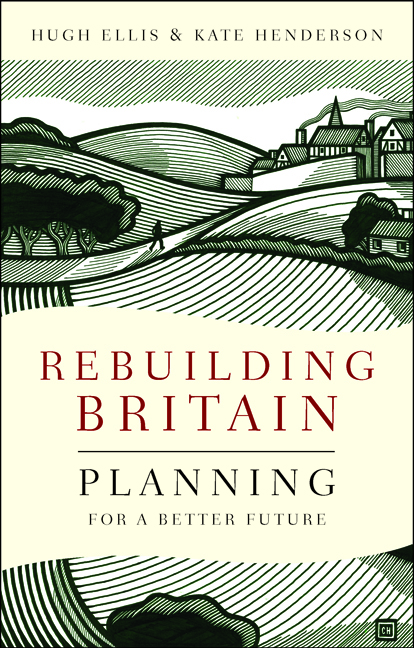6 - The housing crisis
Published online by Cambridge University Press: 04 March 2022
Summary
…home ownership is slipping further and further out of reach, no matter how hard people work or save. This means young people are living at home well into their thirties, desperate to get on in life but unable to afford a place of their own. Meanwhile, more young families are stuck in rented housing under constant threat of being evicted, worrying about whether they’ll have to move again…Today's broken housing market isn't the result of the credit crunch or mortgage lending, but decades of underinvestment in building the affordable homes we need. (Campbell Robb, 2012)
Britain is facing a chronic undersupply of housing with devastating effects on individuals, families, communities and the social and economic wellbeing of the nation. The number of households in England is projected to grow to 27.5 million over the next 20 years, and research has shown this means we need over 240,000 new homes each year. The population is also ageing: by 2033 over a third of households will be headed by people aged 65 or over. These figures are the best estimates we have, based primarily on data derived from the latest census (conducted in 2011). These numbers are not politically derived or made up by house builders. All forecast figures are just that and do not give a perfect view of the future. Many advanced nations are experiencing population decline. In the UK, however, there is no credible argument that we should not be building more homes, not just to meet the new household formation, but also to provide decent homes for people currently living in overcrowded and poor conditions.
House building rates are at incredibly low levels not seen since the 1920s. In the year to September 2013 the total number of new homes built in England was just 107,950, less than half the amount needed to keep up with household formation.
Over a similar period (April 2012 to March 2013, when the latest government data is available) the number of affordable homes built was 42,830 (the total number of affordable homes is the sum of housing built for affordable rent, social rent, intermediate rent, and affordable home ownership). The primary cause of this decline in house building is financial, both in terms of private investment to deliver development and mortgage availability.
- Type
- Chapter
- Information
- Rebuilding BritainPlanning for a Better Future, pp. 49 - 54Publisher: Bristol University PressPrint publication year: 2014



